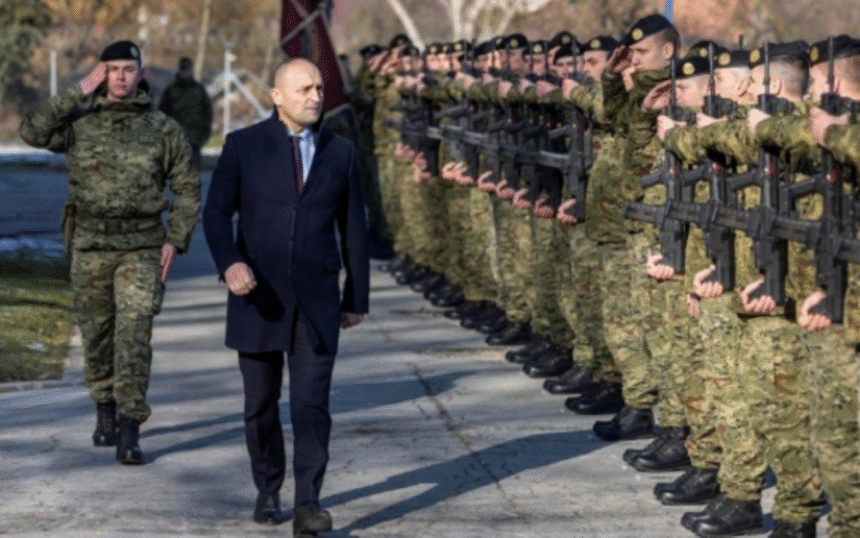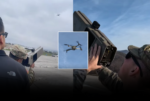Croatia is bringing back mandatory military service, announced Croatian Defense Minister Ivan Anušić, explaining the decision amid changing geopolitical and security challenges.
“Mandatory military service was abolished on January 1, 2008. However, due to evolving global security conditions, increasing climate change effects, natural disasters, and other crises, the goal now is to train cadets in basic military skills and crisis response capabilities,” said Anušić, according to Dnevnik.hr.
New generations will be trained in barracks located in Knin, Slunj, and Požega, with the training lasting two months.
Croatia plans to train up to five cohorts per year, totaling as many as 800 cadets annually. Additional facilities across the country can increase capacity if needed.
Military service will begin in the year a citizen turns 18 years old, once registered in the military registry. Service includes recruitment, basic military training, or civil service, and reserve duty.
Service is mandatory for men aged 18 to 30 who pass a medical exam and are fit for basic training. Recruits will undergo training in the calendar year they turn 19. Women may volunteer but are not required to serve.
Full-time students can postpone service by submitting proper documentation until after graduation.
During training, cadets will learn weapon handling and infantry skills. They will receive a monthly stipend of €1,100 during the two-month program, which will count as work experience.
The law guarantees that employed recruits cannot be dismissed from their jobs during service.
Conscientious objection remains an option. In case of civil defense needs, extended training of three months will be offered. Those completing this will become a reserve force similar to those who complete basic training.
Those refusing any service will be assigned to municipal and city civil tasks for four months. Conscientious objectors performing civil defense training receive reduced compensation, while those opting out entirely will only receive transport costs and a warm meal.







